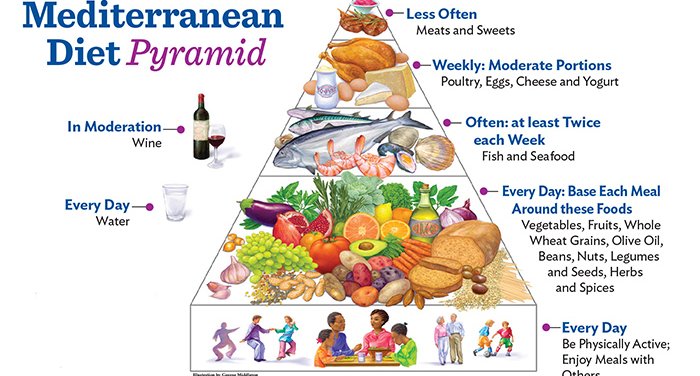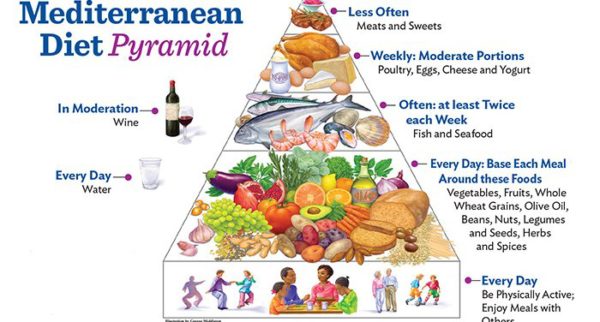
12 Aug You Are What You Eat: Why Diet Matters To Our Brains
Telluride local Dr. Alan Safdi has been singing this song for years at the various workshops and conferences he gives in town. Now Mylea Carvat, Ph.D. weighs in on the subject in an article curated on linkedin.com: You Are What You Eat: Why Your Diet Matters to Your Brain. Bottom line: There is a proven link between your diet and your cognitive health.

A growing body of scientific evidence supports the relationship between diet and long-term cognitive health. This third article in a four part series on take aways that you can benefit from today, out of the annual AAIC meeting will highlight the findings on diet and cognition. The prior two posts explored the relationship between sleep and cognition and exercise and your brain health and next week we will explore how socialization (the face to face kind not the Facebook kind) is fundamental to long term cognitive health.
You are what you eat
At the Alzheimer’s Association International Conference 2017 last week in London, results from four large population-based studies suggested a link between healthy eating practices and better cognition when you’re older. I listened as my fellow neuroscientists and behavioral psychologists discussed how certain lifestyle and dietary choices could have a significant impact on long-term health. It seems like common sense, but most people choose to delay healthy eating until it’s too late.
It’s hard to make changes when you’re young, vibrant and healthy. We don’t want to think about how our actions and dietary choices today will impact our health 30 years down the road. And many people think that if they stay slim while eating a poor diet they will not face the health consequences of those poor nutrition choices, but they are wrong and in medicine we have a term for such people, TOFI.
In recent years, the link between diet and cognition has grown and attracted significant attention from more than clinical psychologists and neuroscientists. Different diets made their way into the media and Hollywood spotlight- Paleo, Atkins, the South Beach diet, and the recent Whole 30 diet craze– all of which offer shiny promises to improve your mind and body.
But do they really?
While these Hollywood diets go in and out of fashion, the Mediterranean Diet — comprised of eating mostly plants (vegetables, fruit, beans) – has maintained its golden reputation, backed by decades of scientific research. Studies have again and again shown that this diet protects against obesity, diabetes, and cardiovascular disease. Now evidence also suggests that this diet could lessen the risk for cognitive decline and lifetime risk of dementia.
The Journal of Neurology recently published a study that confirmed the easy-to-follow Mediterranean diet can have lasting benefits for brain health. Another study of over 6000 older adults showed a 30-35% lower risk of memory impairment when sticking to a Mediterranean-based diet. CNN recently reported that people who closely adhered to a diet similar to the Mediterranean diet saw a 53% lower risk of developing Alzheimer’s.
What exactly is the Mediterranean diet?…


Sorry, the comment form is closed at this time.